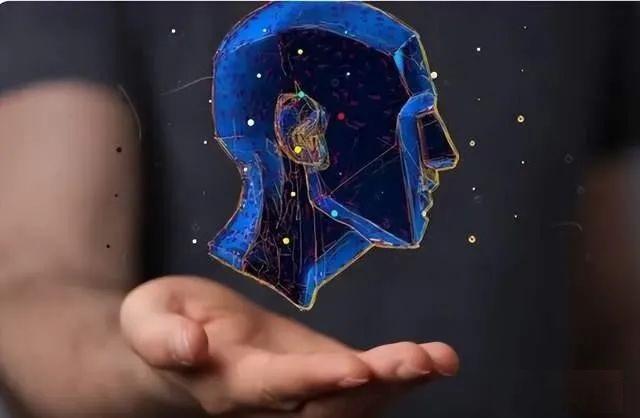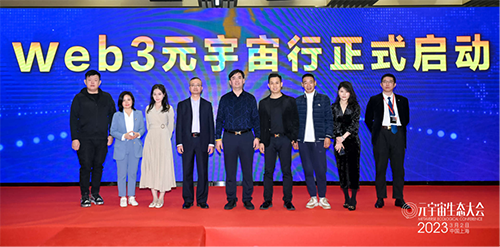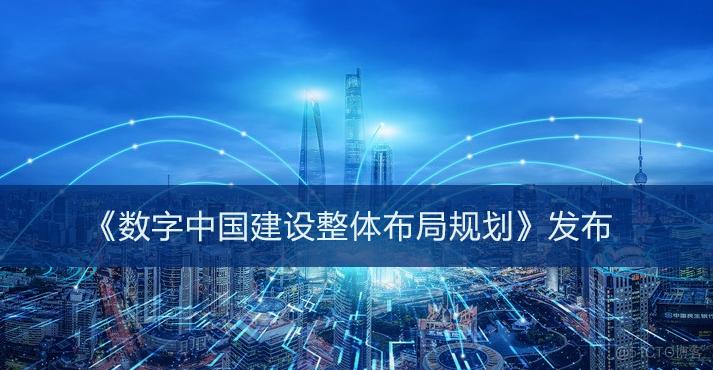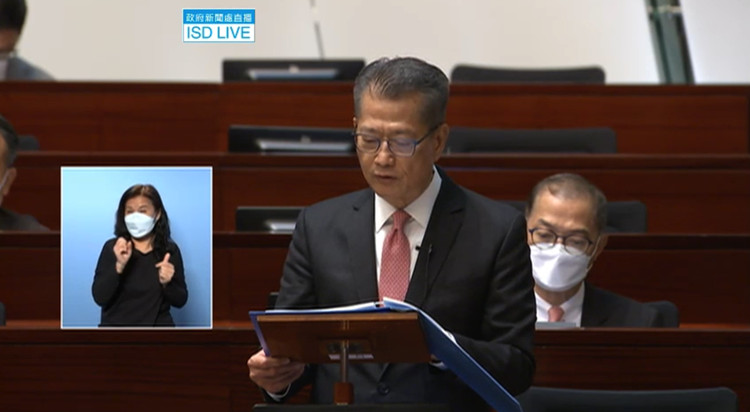- +1 929 367 8888(Server) / +1 929 356 6666(Group)
- info@multinationalholding.com
The First Ecological Conference of the Chinese Metaverse in Culture and Tourism | Discuss the Development and Application of the Chinese Metaverse in Culture and Tourism Based on Blockchain
On December 12th, the first Ecological Conference of China's Metaverse in Culture and Tourism opened in Fuzhou, Fujian Province. Representatives from cultural and tourism departments, experts, scholars, and entrepreneurs gathered in Rongcheng to discuss cutting-edge topics in the metaverse, explore the development, innovative applications, standard setting, and policy research of the metaverse ecology, and witness the establishment of the China Metaverse Ecological Alliance in Culture and Tourism and the release of the White Paper on the China Metaverse Project in Culture and Tourism.
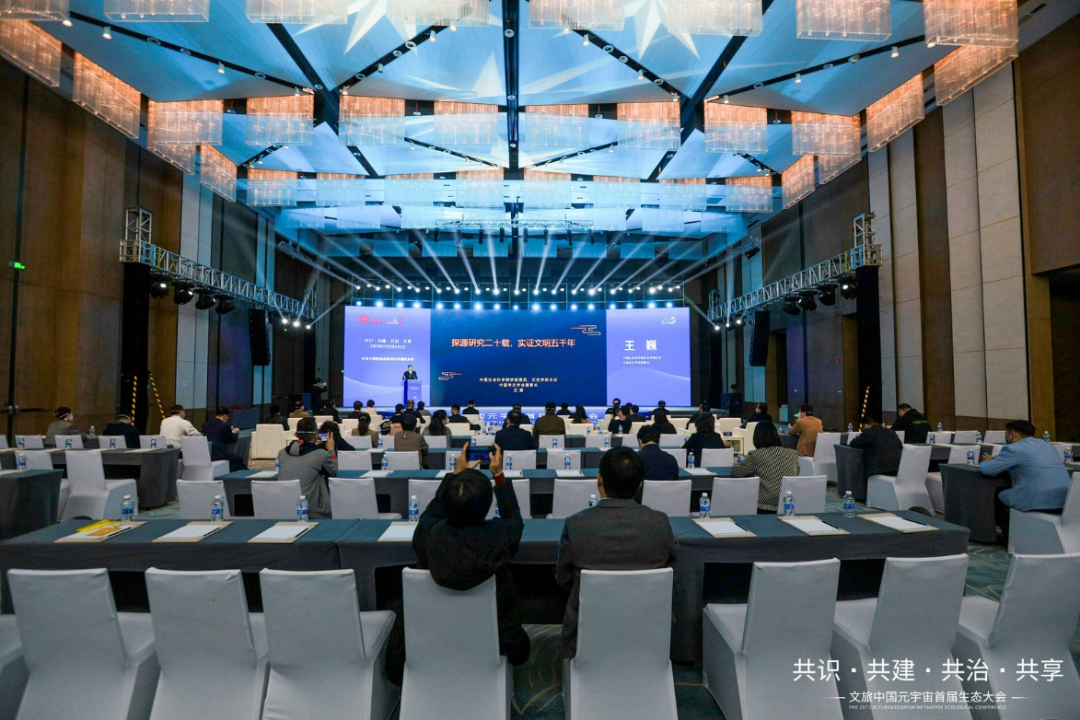
On the morning of the 14th, the sub forum of the conference, "Metaverse Technology: Development and Application of Blockchain based Cultural and Tourism Metaverse in China", discussed the role of metaverse digital technology in the "activation" of cultural heritage, the application prospects and main scenarios of metaverse in the cultural and tourism field, the cultural and tourism consumption market empowered by metaverse, how to innovate cultural and tourism projects, and the application scenarios of blockchain in the cultural and tourism industry.
Liu Qiang, Secretary of the Party Committee and Chairman of China Culture Media Group, and President of China Culture News, attended the forum. Chen Xinhua, Deputy Editor in Chief of China Culture and Media Group, presided over the forum.
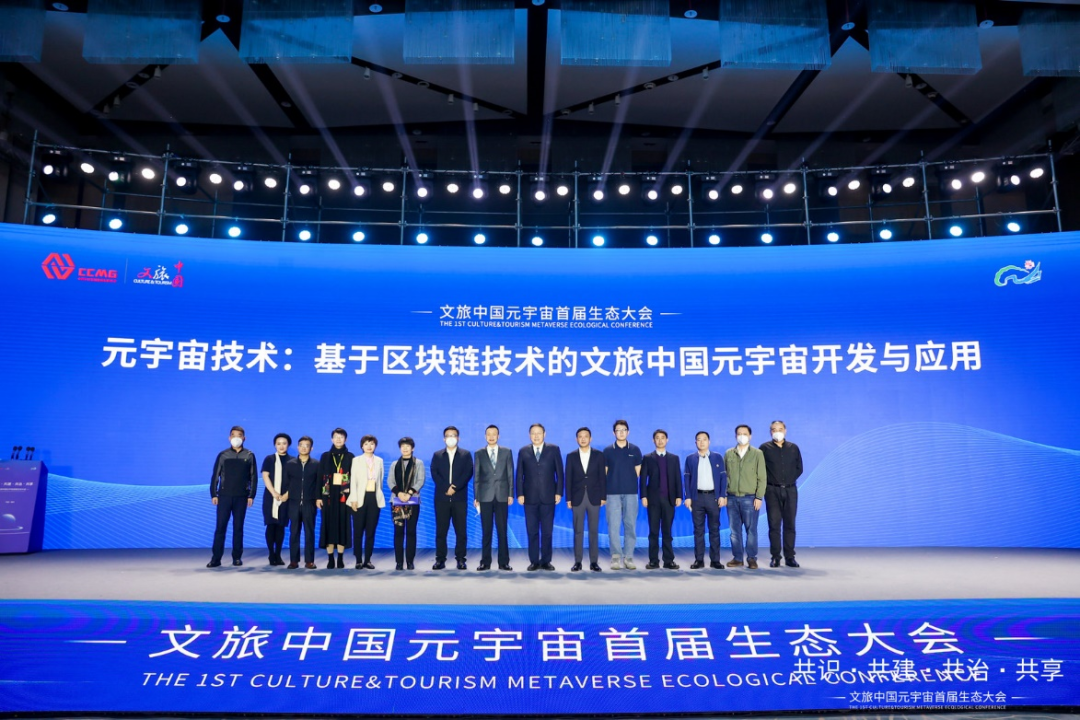
In the keynote speech segment, Wang Wei, Director of the History Department of the Chinese Academy of Social Sciences, Shi Peihua, Director of the Collaborative Innovation Center for Modern Tourism Development at Nankai University, Wang Shiwei, Chairman of the China Association for the Protection of Cultural Relics, Chen Yiming, renowned economist, Lv Ning, Deputy Secretary General of the Leisure and Vacation Branch of the China Tourism Association, Li Xia, Director of the Information Management Department of China Culture and Media Group and General Manager of China Communications Global (Beijing) New Media Technology Co., Ltd., and Shang Guanyun, Executive President of Zero Universe, gave keynote speeches based on their respective research fields and enterprise achievements.
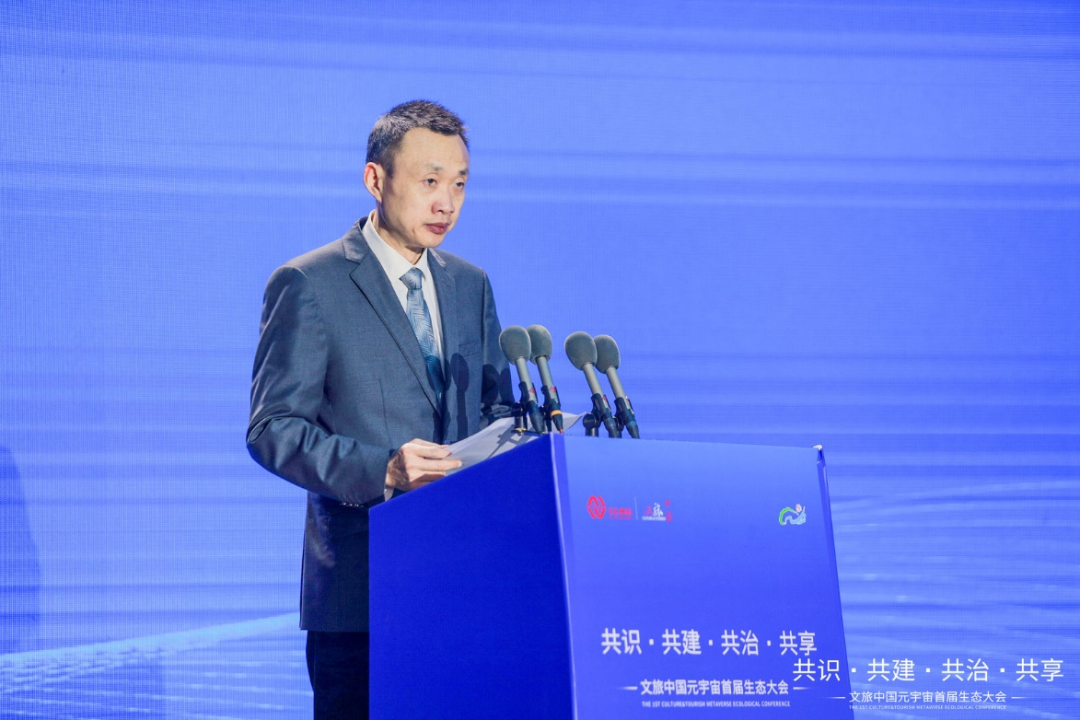
Wang Wei gave a wonderful speech titled "Reflections on the Transformation and Dissemination of Achievements in Exploring the Origins of Chinese Civilization". Wang Wei systematically introduced the achievements of the Chinese Civilization Exploration Project over the past 20 years, and presented the environmental background, rise and fall reasons, and internal mechanisms of the evolution of Chinese civilization revealed from archaeological results. He emphasized the promotion of excellent traditional culture and the revitalization of more cultural relics and heritage. It is necessary to utilize the innovative advantages of metaverse digital technology in the field of cultural heritage "activation", spread it in a more vivid way, enhance the dissemination and influence of Chinese civilization, and promote cultural confidence and self-improvement.
In his keynote speech on "The Application Scenarios of the Metaverse in the Field of Culture and Tourism", Shi Peihua brought wonderful viewpoints on the reconstruction of the "human object field" in the field of culture and tourism promoted by the Metaverse, the construction of metaverse infrastructure, the integration of metaverse and cultural and tourism activity genes, the application prospects and main scenarios of metaverse in the field of culture and tourism, the practical application and path exploration of metaverse in the field of culture and tourism, risk analysis in the process of metaverse application, and thoughts and suggestions on how metaverse promotes high-quality development in the field of culture and tourism.
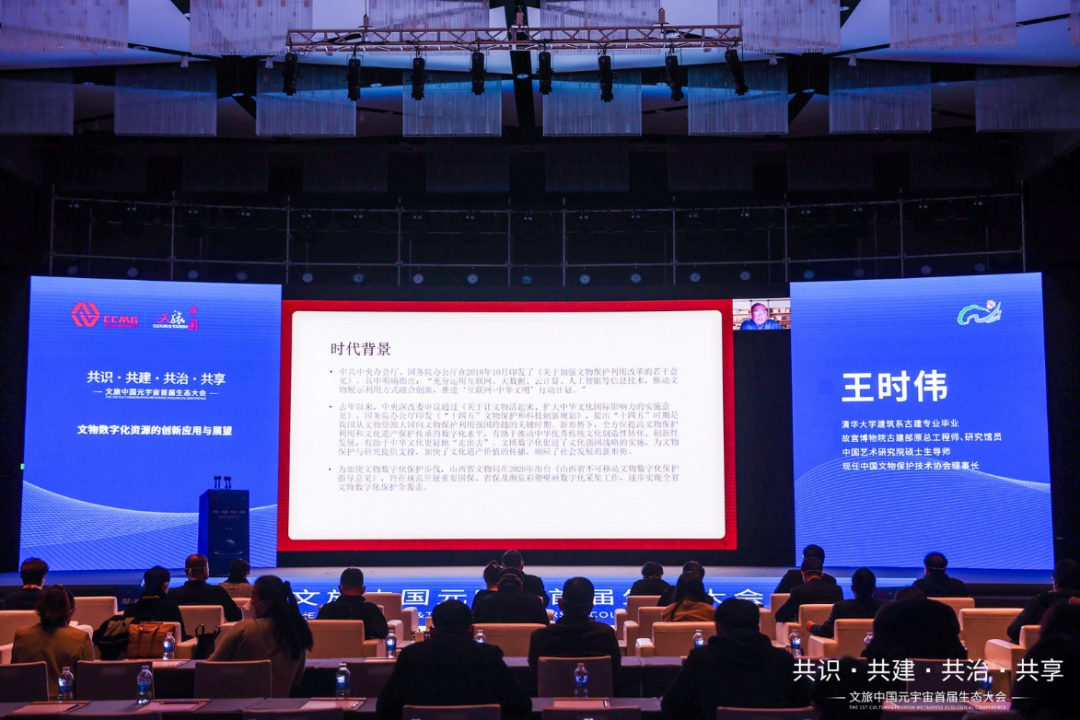
In his keynote speech on "Innovative Application and Prospect of Digital Cultural Relics Resources", Wang Shiwei put forward innovative views on the digital protection and application of immovable cultural relics, the digital protection and application of movable cultural relics, and the informationization and digital construction of museums. He believes that the application of digital technology is an inevitable trend in the development of cultural relic protection. A scientifically reasonable protection plan cannot do without the strong support of historical documents and big data. Strengthening the digital management of cultural relics and forming a scientifically effective big data information system can lay a solid foundation for sustainable cultural relic protection.
 English ∨
English ∨
 中文
中文
